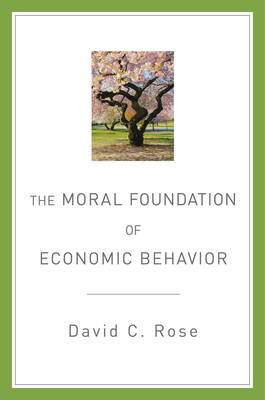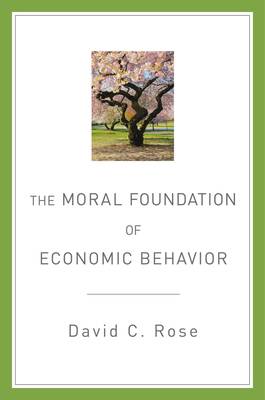
- Afhalen na 1 uur in een winkel met voorraad
- Gratis thuislevering in België vanaf € 30
- Ruim aanbod met 7 miljoen producten
- Afhalen na 1 uur in een winkel met voorraad
- Gratis thuislevering in België vanaf € 30
- Ruim aanbod met 7 miljoen producten
Zoeken
Omschrijving
This book explains why moral beliefs can and likely do play an important role in the development and operation of market economies. It provides new arguments for why it is important that people genuinely trust others-even those whom they know don't particularly care about them-because in key circumstances institutions are incapable of combating opportunism. It then identifies specific characteristics that moral beliefs must have for the people who possess them to be regarded as trustworthy. When such moral beliefs are held with sufficient conviction by a sufficiently high proportion of the population, a high trust society emerges that supports maximum cooperation and creativity while permitting honest competition at the same time. Such moral beliefs are not tied to any particular religion and have nothing to do with moral earnestness or the set of moral values-what matters is how they affect the way people think about morality. Such moral beliefs are based on abstract ideas that
must be learned so they are matters of culture, not genes, and are therefore able to explain differences in economic performance across societies.
must be learned so they are matters of culture, not genes, and are therefore able to explain differences in economic performance across societies.
Alleen bij Standaard Boekhandel
+ 204 punten op je klantenkaart van Standaard Boekhandel
Beoordelingen
We publiceren alleen reviews die voldoen aan de voorwaarden voor reviews. Bekijk onze voorwaarden voor reviews.












